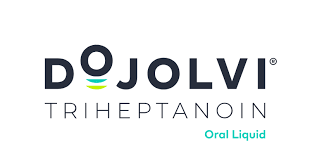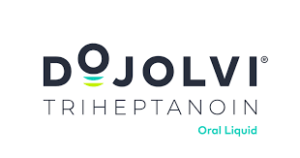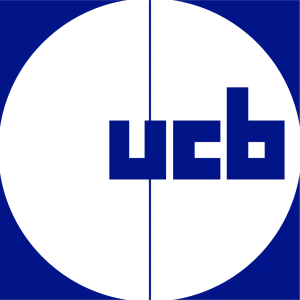LC-FAOD result from defective enzymes involved in the transport and /or catabolism of long-chain fatty acids and include the following types 1-4:

What is the Program?
This program provides sponsored, no-charge genetic testing for individuals suspected of having long-chain fatty acid oxidation disorders (LC-FAOD).
Long-chain fatty acid oxidation disorders are a group of six rare autosomal recessive disorders that are caused by defects in the mitochondrial carnitine shuttle or β-oxidation enzymes.
Ultragenyx receives de-identified patient data from this program, but at no time does Ultragenyx receive patient-identifiable information. Ultragenyx uses healthcare professional contact information for research and commercial purposes.
To be eligible for this program, patients in the US and Canada must meet at least one of the criteria below.
Has a completed UltraCare Start Form for LC-FAOD (if available, please provide a copy of abnormal biochemical confirmatory labs)
Is suspected of having or has been diagnosed with a long-chain fatty acid oxidation disorder AND a plasma acylcarnitine test has either been performed (regardless of result, abnormal or normal) or has been ordered.

Collect your patient’s specimen using an Invitae collection kit and return it. Use the label provided to ship most samples at no additional charge from the US and Canada.
Program Information
This program offers genetic testing to diagnose various types of Long-Chain Fatty Acid Oxidation Disorders, a group of genetic metabolic disorders characterized by the body’s inability to break down long-chain fatty acids into energy. The program aims to identify specific genetic mutations responsible for these disorders, facilitating accurate diagnosis and appropriate management.
Eligibility for the program includes individuals who exhibit symptoms of LC-FAOD, such as hypoglycemia, muscle weakness, and cardiomyopathy, particularly during fasting or illness. Infants with abnormal newborn screening results suggestive of LC-FAOD are also candidates. A healthcare provider must refer patients for this specialized genetic testing.
The testing typically involves comprehensive genetic panels that assess genes known to affect long-chain fatty acid metabolism, such as ACADVL, CPT1, CPT2, and VLCAD, among others. These tests detect mutations that can lead to various forms of LC-FAOD, using techniques like sequencing and deletion/duplication analysis.
Healthcare providers can enroll patients by submitting an application that includes the patient’s detailed medical history, clinical presentation, and any previous laboratory findings. This application ensures that the genetic testing is appropriate based on the individual’s symptoms and biochemical markers.
Participants benefit from receiving a precise genetic diagnosis, which is essential for determining the specific type of LC-FAOD. This information can guide dietary management and treatment plans, improve outcomes, and help in assessing the risk to family members.
Results are generally available within a few weeks from the time the laboratory receives the sample. The exact timing can vary based on the complexity of the genetic analysis. Once available, results are communicated through the referring healthcare provider, who will help interpret the findings and discuss next steps.

Ultragenyx is a biopharmaceutical company committed to bringing novel products to patients for the treatment of serious rare and ultrarare genetic diseases. The company has built a diverse portfolio of approved therapies and product candidates aimed at addressing diseases with high unmet medical need and clear biology for treatment, for which there are typically no approved therapies treating the underlying disease.
The company is led by a management team experienced in the development and commercialization of rare disease therapeutics. Ultragenyx’s strategy is predicated upon time- and cost-efficient drug development, with the goal of delivering safe and effective therapies to patients with the utmost urgency.
For more information on Ultragenyx, please visit the company’s website at: www.ultragenyx.com.

DOJOLVI® (triheptanoin) is a pharmaceutical-grade, odd-carbon medium-chain triglyceride developed by Ultragenyx for the treatment of pediatric and adult patients with long-chain fatty acid oxidation disorders (LC-FAOD). It serves as a source of calories and fatty acids, designed to provide an alternative energy source for patients who cannot convert long-chain fatty acids into energy. DOJOLVI is the first FDA-approved therapy for LC-FAOD and is now available to patients in the U.S. through Ultragenyx’s UltraCare® support program.
1. Knottnerus SJG, Bleeker JC, Wüst RCI, et al. Rev Endocr Metab Disord. 2018;19(1):93-106.
2. Wajner M, Amaral AU. Biosci Rep. 2015;36(1):e00281.
3. Lindner M, Hoffmann GF, Matern D. J Inherit Metab Dis. 2010;33(5):521-526.
4. Wanders RJ, Ruiter JP, IJLst L, Waterham HR, Houten SM. J Inherit Metab Dis. 2010;33(5):479-494.



